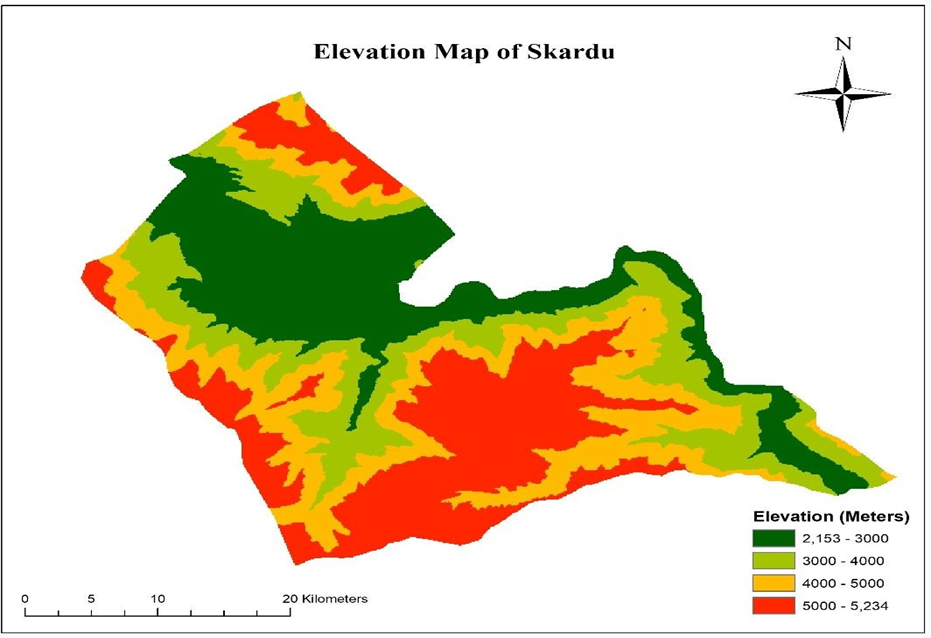ACTIONABLE RESILIENCE: DEVELOPING LOCALIZED AND INCLUSIVE DISASTER RISK REDUCTION STRATEGIES FOR SKARDU, GILGIT-BALTISTANIN, PAKISTAN
DOI:
https://doi.org/10.71146/kjmr687Keywords:
Community, Multi-Disaster Risk, Earthquakes, Landslides, Floods, Glacial Lake Outburst Floods (GLOFs), AssessmentAbstract
The mountainous area of Skardu, Gilgit-Baltistan, Pakistan is facing intensifying risks from several natural and anthropogenic hazards, such as earthquakes, landslides, floods and Glacial Lake Outburst Floods (GLOFs). This paper seeks to undertake a holistic community-based multi-hazard risk modeling in the Skardu district with its both physical hazards and socioeconomic vulnerabilities. The research combines primary field surveys, spatial analysis in a GIS environment and literature review to assess community exposure, frequency of hazard and coping capacity. The results indicate that while climate-induced disasters have become increasingly frequent and intense, current disaster management practices continue to be largely top-down in nature, failing to account for the local knowledge systems, traditional coping mechanisms, and the socio-cultural situations. The research underscores the significance of community perspectives to be mainstreamed in DRR planning and underscores the demand for inclusive and localized strategies based on Skardu’s specific geographic, social, and economic conditions. By pin-pointing vulnerabilities in preparedness, response and coordination policies, this study makes actionable suggestions to improve resilience, early warning and livelihoods system and thus suggest policy interventions to support sustainable development in the fragile mountain region of Pakistan.
Downloads

Downloads
Published
Issue
Section
License
Copyright (c) 2025 Syed Yasir Abbas, Engr. Dr. Muhammad Yaseen, Shehbaz Qasim (Author)

This work is licensed under a Creative Commons Attribution 4.0 International License.






